14 COULD BE PEAK AGE FOR BELIEVING IN CONSPIRACY THEORIES
Belief in conspiracy theories is heightened as adolescents reach 14 years of age, reveals new research led by Northumbria University.
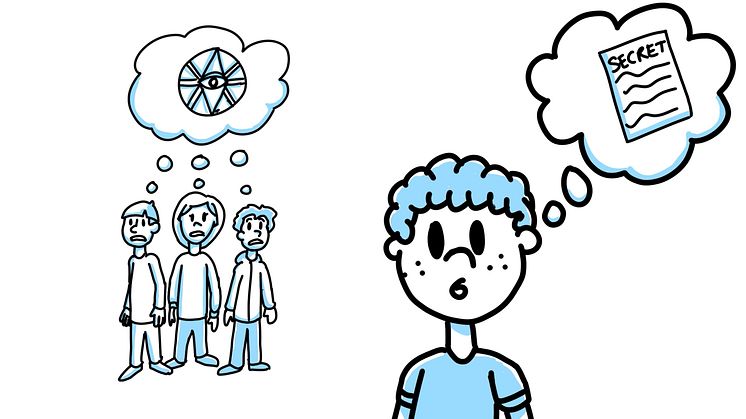
Belief in conspiracy theories is heightened as adolescents reach 14 years of age, reveals new research led by Northumbria University.

Researchers at Northumbria University and St Mary’s University have revealed just how effective Montmorency tart cherry juice products can be in helping people recover after exercise.
For more than 10 years, Professor Glyn Howatson - a research leader and Professor in Human and Applied Physiology - has led ground-breaking research into the positive effects of drinking Montmorency cherry juice b

Nursing academics from Northumbria University have been delivering Covid-19 vaccinations to priority patients, as part of the University’s continued efforts to support the frontline response to the pandemic.
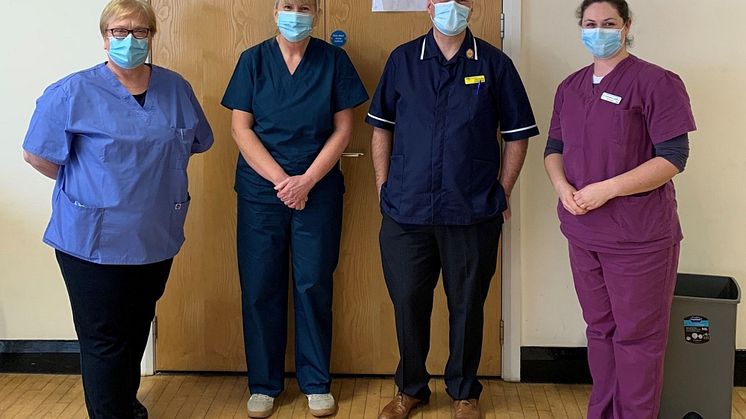
Research from a midwifery lecturer at Northumbria University has been included in new national guidance on the harms of consuming alcohol both before and during pregnancy.

A research team at Northumbria University have launched a major project exploring how carers recognise and manage deterioration in the health of people with learning disabilities and autism.
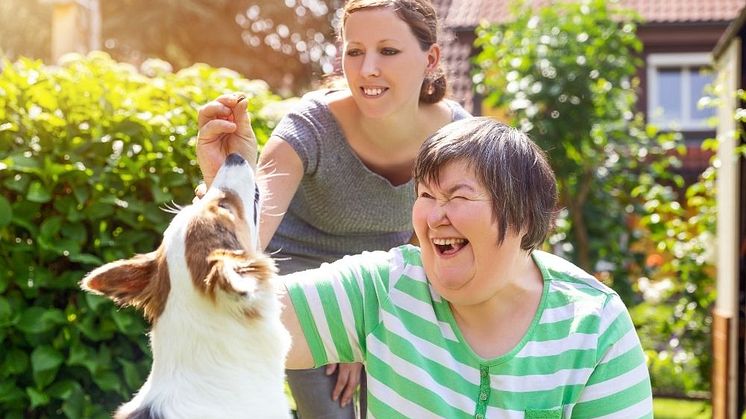
A revolutionary approach to targeting and treating walking problems in people with Parkinson’s disease is being developed at Northumbria University, Newcastle.
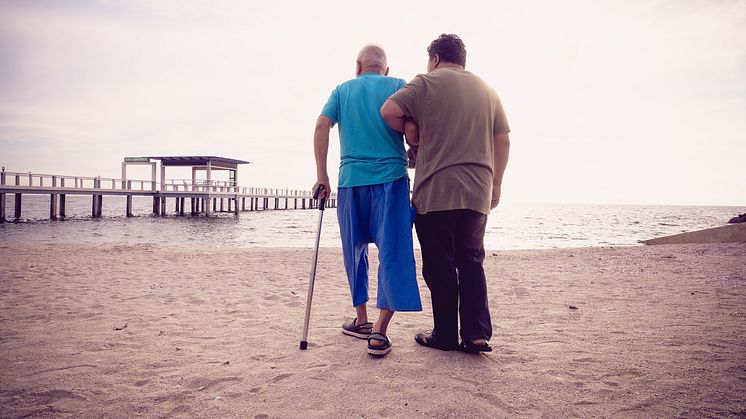
Fake medicines are one of the biggest health problems in the world today.

A Northumbria University academic is calling on the Government to provide financial support to people waiting for their first Universal Credit payment.

Those experiencing poor sleep during the COVID-19 pandemic are being invited to take part in an online treatment study run by sleep experts at Northumbria University.

Academics at Northumbria University, Newcastle, are investigating the effects of social distancing on mental health, quality of life and the use of social media amid the COVID-19 pandemic.

Northumbria University and Tyne & Wear Archives & Museums (TWAM) have joined forces to show health and social care professionals how TWAM’s museum resources and collections can support quality of life improvements for older people.
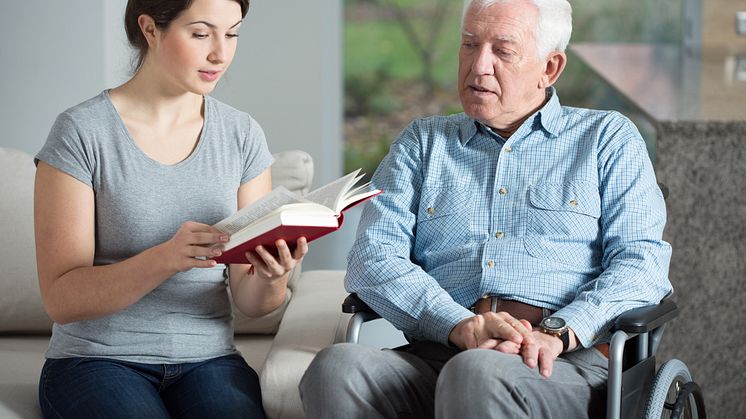
Organisations across the UK and beyond are set to benefit from a unique NHS- academic partnership which sees a focus on staff safety and morale – and delivers significant cost savings.
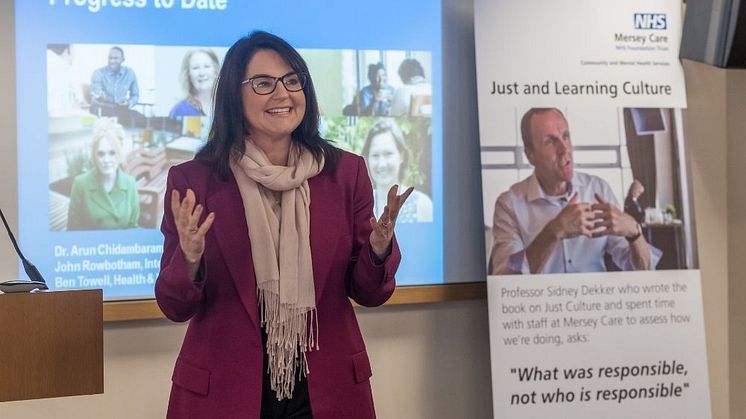
Ahead of World Menopause Day on Sunday 18 October, Katy Shaw, Professor of Contemporary Writings at Northumbria University, discusses the important role popular culture is playing in changing perceptions of the menopause.
The COVID-19 pandemic is having a profound, negative impact on nine out of ten people with experience of eating disorders, a new study from Northumbria University, Newcastle, reveals.

Research from Northumbria University, Newcastle, has shown the important role specific types of exercise can play in the management of bone loss, fatigue and muscle dysfunction for those with Crohn’s disease.

In an article originally written for The Conversation, Dr Daniel Jolley, Senior Lecturer in Psychology at Northumbria University, and Darel Cookson, PhD Candidate in Psychology at Staffordshire University, explain why some people might reject vaccines and how we can look to combat the anti-covid vaccine sentiment.
A major new initiative to help North East businesses grow or expand into the health, wellness and social care delivery sectors is set to go live.
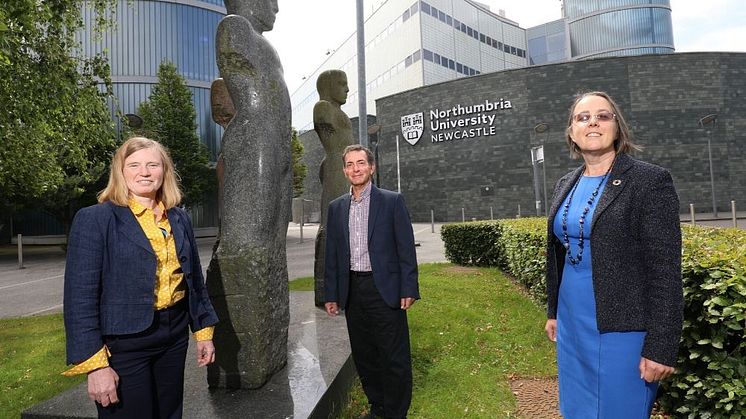
Lockdown could be bad for you back. Thanks to measures to tackle the coronavirus pandemic, many of us are now working from home. This means you might not be moving around as much, and your home desk setup (and the posture you adopt while working) might not be as good as it should be. These are all things that can lead to back pain.
Researchers at Northumbria University are testing and developing a range of smart digital technologies to help some of the most vulnerable people in society live more independently.

Four out of ten university students have reported they are worried that they will run out of food as they deal with the impact of the coronavirus pandemic, according to a new report. The findings have been submitted to the UK Education Select Committee inquiry into the impact of COVID-19 on education and children’s services.
